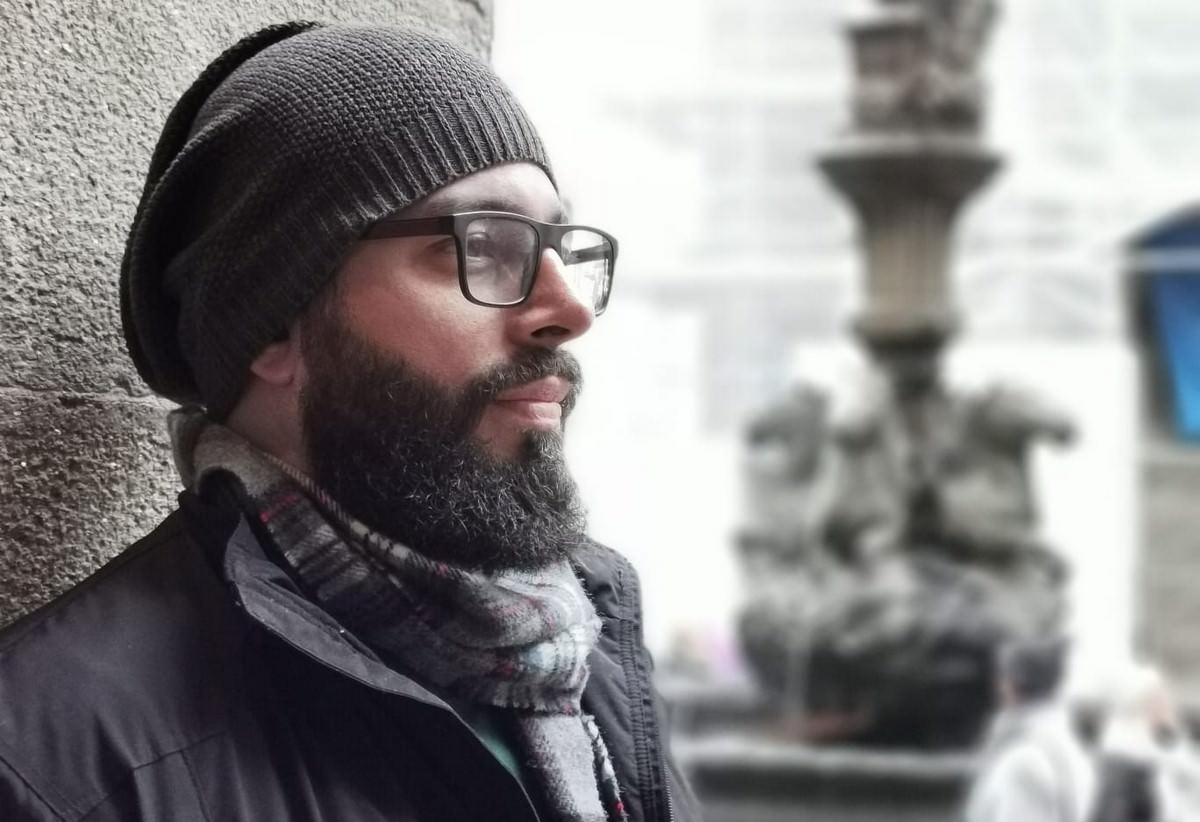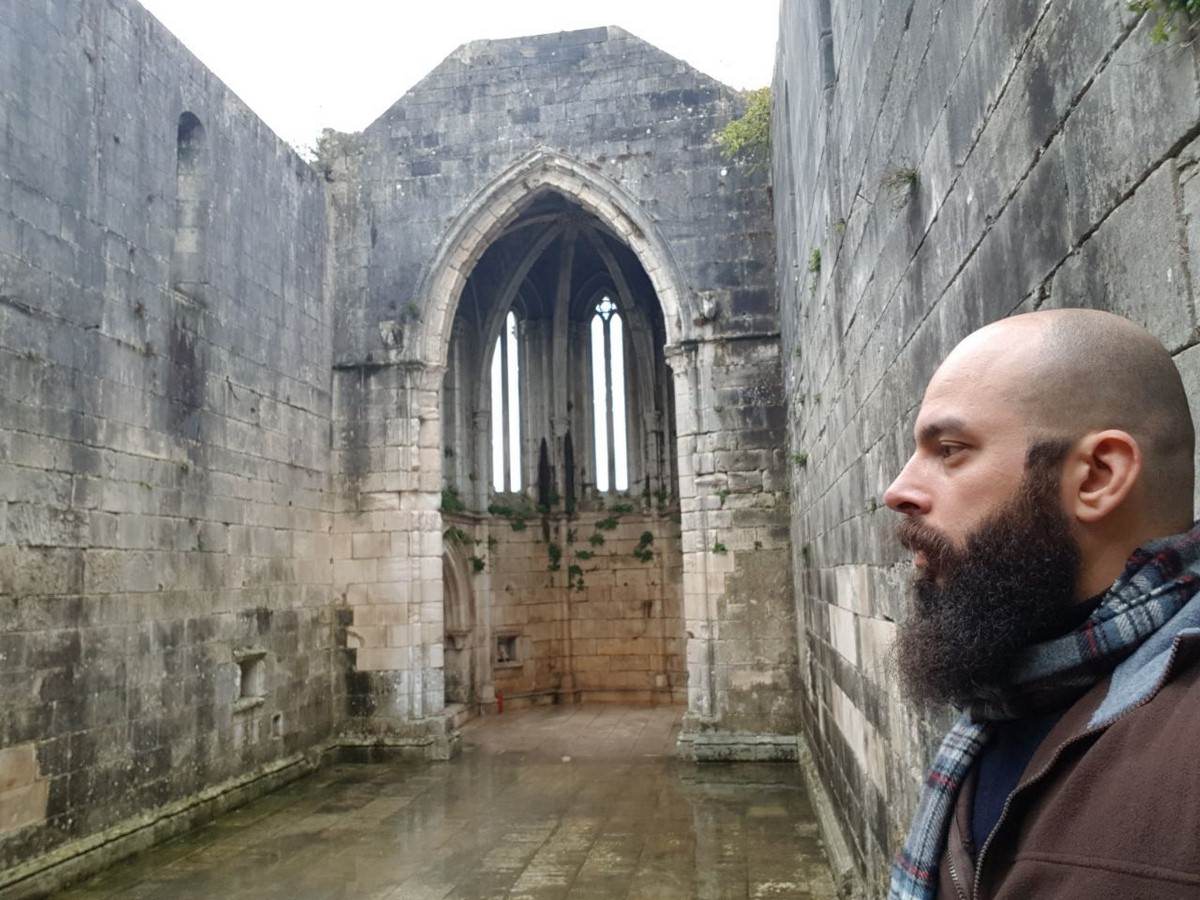Neuroscientist and psychoanalyst Fabiano de Abreu gives tips for patients with depression.
We are in ‘Yellow September’, and never in history has this theme become more relevant than in the pandemic moment we are experiencing. The campaign started in 2015 in Brazil chose the month of September so that we can raise awareness and help by contributing to prevention, so it is possible to prevent depression from leading to suicide.
After reports of coronavirus-related suicides and the associated confinement, the neuroscientist, psychoanalyst, member of Mensa and specialist in studies of the human mind, Fabiano de Abreu, was contacted. After confirming that the number of cases of depression has increased with this psychological crisis of the pandemic, the researcher soon focused on research and analysis to assess what he already expected to happen.
“I already feared the possibility that people with increased depression and / or anxiety, in confinement, being bombarded with bad news and misuse of anxiety, could worsen the depressive state or get there; and have an increase in the number of suicides. Becoming aware of what happened, I gathered my research group to try to contribute in some way so that this does not raise the number of deaths from the coronavirus even more, either directly or indirectly.
People with increased and continuous anxiety can go into depression, and people in depression are at higher risk of suicide. The risk is greater in the presence of the disease and comorbidities. We are immersed in a scenario of uncertainties and they generate fears and anxieties. It is important to take care of the emotional balance in order to avoid definitive actions for transient problems. Suicide is no solution; but one more public health problem to be addressed.”
Fabiano finds it difficult to deepen his research in Brazil due to bureaucracy to do research in the country, but as he also lives in Portugal, took advantage of the greater facility in research in Europe to reach its conclusions.
I am registered on the ‘Plataforma Brasil’ where I need to file a simple survey and the procedure is slow and bureaucratic and I’m in a hurry as each day lost can mean lives lost due to lack of help. In Portugal, health professionals can do research independently by signing the responsibility below. My research was based on interviews with psychologists who are members of my research center, also based on the Gaio Institute, member of Unesco where I did my master's degree in psychoanalysis and I attend patients with no financial means to pay for treatment, and based on the research I did in Portugal with Portuguese and Brazilians living in the country.
“The sooner the diagnosis, better prognosis”, says the psychoanalyst.
Follow the professional's tips to observe the nearest case and try to help
In times of seclusion and social isolation, because of the world scenario – Coronavirus pandemic – if you have the disease "Depression", note some very relevant “preventive” issues:
- Maintain your psychotherapeutic treatment via online, the vast majority of professionals are working in this modality.
- If you use medication, correctly follow the medical prescription. Do not increase the dosage, don't even wean on your own.
- If your medication is ending, contact your Psychiatrist, everyone is working under new protocols.
- Stay informed only by serious and ethical news channels. Evite “Fake News”.
- Work your breathing through meditation. Conscious and rhythmic breathing, maintains body homeostasis.
- Sleep well, physiological sleep enables a “psychoprophylaxis”, filtering and cleaning of brain metabolites.
- Maintain a balanced diet. Functional foods, less processed and colored. “Peel more and unwrap less”
- Drink water, stay hydrated for the best functioning of the entire filtration and disposal system, keeping the body in good working order.
- Use creativity and space as possible for a physical activity that you enjoy.
- Avoid excessive alcohol, avoid drugs. Stay lucid.
- Keep the routine, this keeps you oriented in time.
- Develop a plan, and make a plan to hold a “celebration” when all this is over.
- Bring good thoughts and good emotions to your mind. What we think we feel.
- Think good things!
- Feel like belonging to a group, the feeling of belonging brings us importance.
- Make video calls or even videoconference to gather friends.
- There is no time, so organize the house, the cabinets, read the books you kept on the shelf, watch the movies and series you wanted and had no "time".
- Discover a hidden talent, and work it like a TO – Occupational therapy: Write, draw, smart, sculpt, Cook, embroider ...
For more serious cases where a suicide attempt or thoughts have occurred, work at “harm reduction”, following basic guidelines:
- Be fully present in the life of the subject with the disorder – depression.
- Approach people who are in emotional / psychological distress.
- Offer conversation with quality listening.
- Conduct the conversation until you realize that the person is safe and trusting you.
- Openly ask if she has thought about her own death.
- With the terrain prepared, ask if she ever thought about taking her own life.
- Ask what method she would choose and why?
- Let her talk, cry, tell your whole plan.
- After learning about the idealization and planning, shows solidarity.
- Understand “without judging”, from then on offer a “pact or a preservation contract” to life.
- Challenge and confession bring relief. Leaving the person with the resource to seek help from that confidant or a help group.
- When we empty ourselves of this feeling of anguish and hopelessness, we started to value life.
- Having someone who keeps our secret connects us to another being. This feeling of trust forms a link and brings motivation to overcome the moment.
- Be aware of the plan and planning for execution, being able to take from the person the tool they would use.
- Collect medication, remove what can be made of rope, cutting blades, and don't leave the person alone.
- The presence brings the company and inhibits the attempt to attempt against one's own life.
Fabiano de Abreu – Neurophilosopher – neuroscientist, neuropsicólogo, neuropsicanalista, neuroplasticista, psychoanalyst, psychopedagogue, journalist, philosopher, clinical nutritionist, poet and businessman.
Registration and curriculum as a researcher: lattes.cnpq.br/1428461891222558


